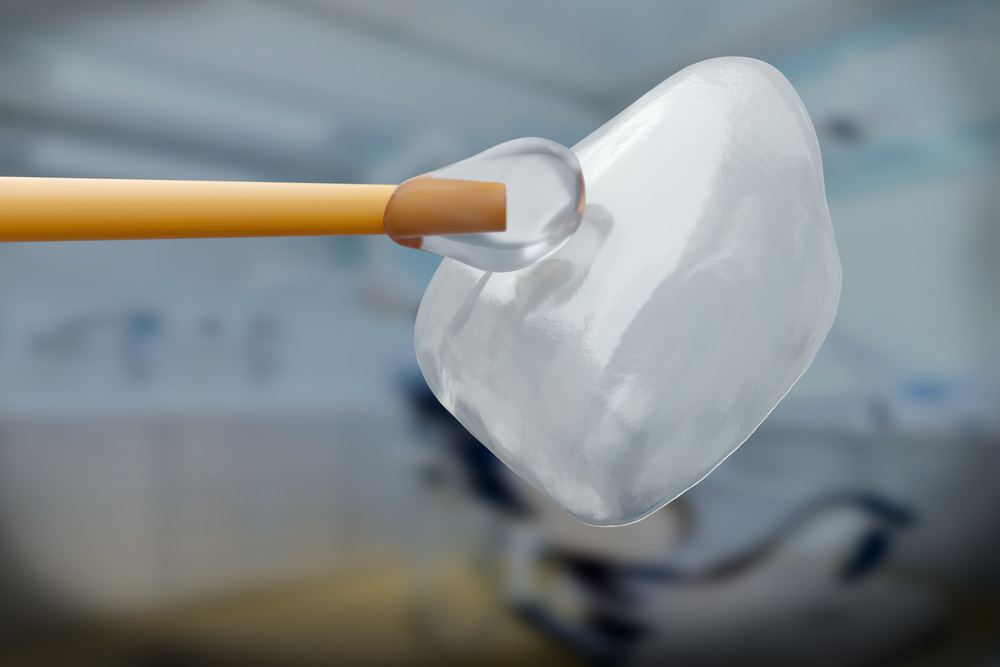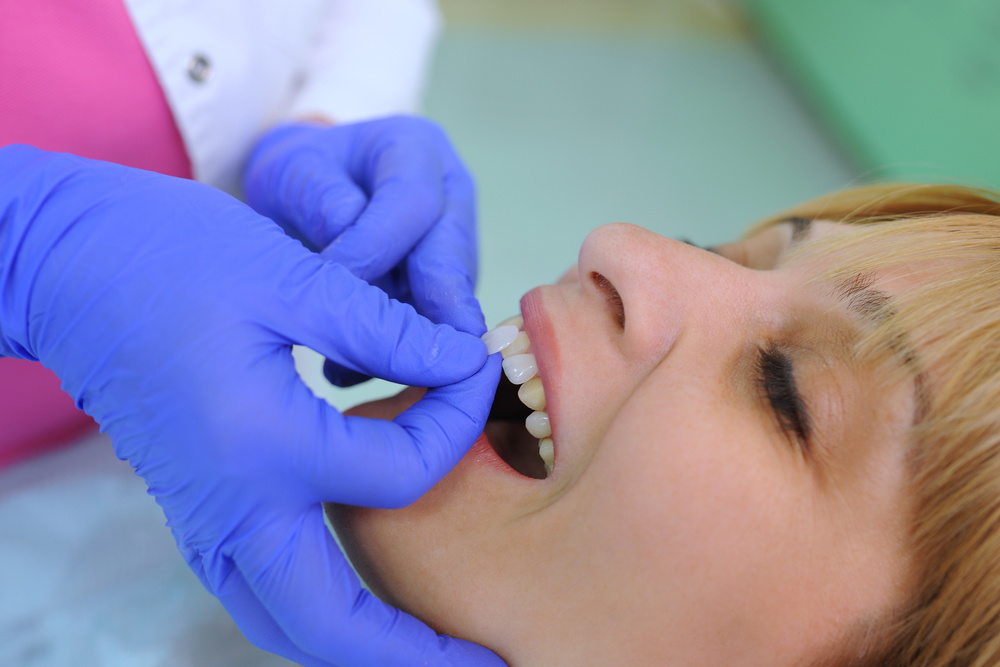The Pros And Cons Of Dental Veneers
Depending on your diet and lifestyle, your teeth may have unsightly discoloration over time. While going for teeth whitening would be a good option, it can be an uncomfortable experience for those with sensitive teeth.
Luckily, having dental veneers is a great solution that allows you to have a dazzling smile without feeling any discomfort or pain.
A dental veneer is a thin material placed on your natural tooth but typically in a lighter shade. Thus, it can help you achieve a brighter smile. As you look for the best veneers in Melbourne or whichever city you’re in, knowing the pros and cons will help you decide if this cosmetic dental treatment is the best option for you.
The Pros Of Dental Veneers:

It’s best to fully understand the process and what it can bring to the table. So, listed below are the advantages of having dental veneers.
1. Gives You Instant Pearly Whites
One of the most popular reasons you should get dental veneers is that they can give you instant teeth whitening. When your teeth get stubborn stains from drinking coffee or smoking, you can just imagine how long it must take to bring them back to their original color. You may consider having dental veneers to quicken the process.
It takes only two trips to the dentist’s office to get dental veneers. It’s a more convenient way to make your teeth a few shades lighter as it can happen immediately upon application. Thus, you can instantly have a great smile with your pearly whites.
2. Protects From Stains
Your teeth can become discolored due to stains from the foods you eat and your lifestyle. Fortunately, teeth staining will be less of a problem if you go for porcelain dental veneers. With this material, you can expect your teeth to be more stain-resistant. Hence, you can continue to enjoy your tea or coffee without worrying about stains on your teeth.
3. Less Painful And Invasive
Apart from dental veneers, you can go through teeth whitening and dental crown procedures to achieve an attractive smile. However, teeth whitening procedures can cause pain or discomfort, especially for those with sensitive teeth. On the other hand, having dental crowns involves trimming the outer tooth enamel.
Generally, most people experience no pain or discomfort during their dental veneer application, making it the most comfortable choice out there.
4. Addresses Cosmetic Dental Problems
Aside from whitening your teeth, dental veneers can address minor dental problems, keeping your teeth looking their best. Dental veneers are typically used to correct chipped, crooked, irregularly shaped, or gapped teeth.
This makes dental veneers an ideal makeover solution if you don’t want to undergo invasive dental procedures.
The Cons Of Dental Veneers:

Before booking a dental veneer treatment, you must first be aware of its drawbacks. This allows you to determine if this is the best solution for your dental needs and if it fits your budget. With that, listed below are the disadvantages of dental veneers.
1. Expensive
With the significant benefits of dental veneers, you can’t expect them to be affordable for everyone. However, if you wish to proceed with this treatment, you should prepare a tidy sum as this process can get pretty expensive.
Furthermore, you need to note that you’re paying per tooth, which can be quite costly, especially if you’re planning to have full-mouth porcelain dental veneers. Also, if your veneers get damaged for whatever reason, you’ll need to have your dentist replace them, which can be a considerable expense.
Since dental veneers are considered cosmetic procedures, they’re usually not covered by dental insurance plans. Thus, you may have to pay for it out of pocket.
2. Permanent
While it might sound like a good thing, having permanent dental veneers can be a drawback, especially if you plan on switching to a different procedure. When applying veneers to your teeth, your dentist will remove a thin layer of your tooth enamel so that the veneer will adhere better to your teeth. This makes the procedure irreversible.
Fortunately, dental veneers, especially the porcelain type, are durable and can last for about 16 to 20 years. After maximizing the lifespan of your veneers, you’ll need your dentist to replace them so you can maintain your teeth’s beauty.
3. May Cause Teeth Sensitivity
The actual process of attaching dental veneers is relatively tolerable as you won’t feel any pain or discomfort. However, you may feel a bit uneasy after the procedure. Since your dentist would need to remove a layer of your tooth enamel before placing the veneers, it slightly exposes your teeth, possibly resulting in teeth sensitivity.
This means your teeth will be extra sensitive to hot and cold foods and beverages. You may have to skip ice cream, milkshakes, and coffee in the meantime. However, this discomfort should only last for a few days until your teeth get used to their new environment, allowing you to eat as usual.
4. More Prone To Damage
Unfortunately, even if your dental veneers are long-lasting, they’re still prone to damage. For one, they’re extremely thin. Without proper care, your dental veneers may crack, chip, or detach. For this reason, you must observe extra precautions, such as refraining from biting down on hard foods.
If your veneers sustain minor damage, your dentist may be able to restore them to their original shape. However, if they get cracked or broken, a replacement may be necessary.
Takeaway
Having dental veneers applied to your teeth can offer plenty of benefits. They can hide your teeth’s imperfections, giving you a better and brighter smile. Additionally, the entire procedure is less invasive and won’t cause you pain or discomfort. Porcelain dental veneers are also more stain-resistant.
While dental veneers have numerous advantages, you need to be aware of their disadvantages. Perhaps the main drawback of veneers is their prohibitive cost and that they’re typically not covered by dental insurance plans.
They may also cause temporary teeth sensitivity. Furthermore, although dental veneers are durable, they’re susceptible to damage. Finally, the procedure is irreversible.
Carefully weigh the abovementioned pros and cons to decide if dental veneers are the ideal solution for you.
Read Also:
- Visit A Cosmetic Dentist For A Smile Makeover
- Important Dental Habits To Teach Your Children
- Most Common Dental Problems faced on a Regular Basis



